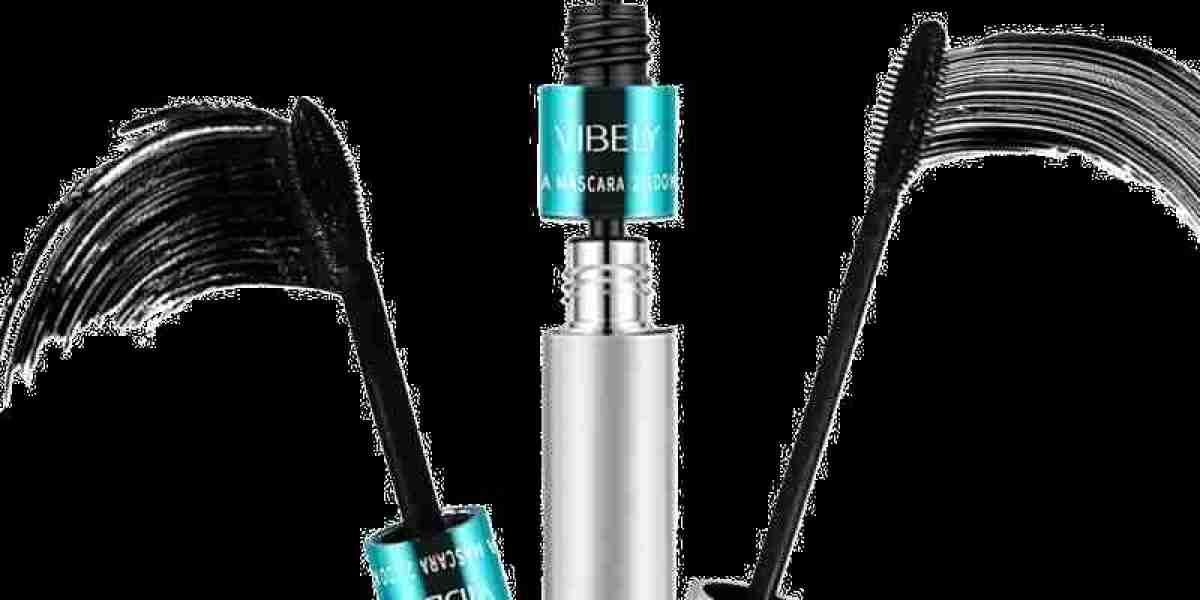Climate modification: Growing doubts over chip fat biofuel
21 April 2021

remarks
354 Comments

New research study questions the ecological effect of rising imports of used cooking oil (UCO) into the UK and Europe.
Chip fat and other oils are considered waste, so when they are utilized to make biodiesel it conserves carbon emissions by displacing fossil oil.
But such is the need throughout Europe that imports now represent majority of the UCO that's made into fuel.
According to the study, external, there's no other way to prove these imports are sustainable.
With no testing of what's being available in, specialists think it is likewise ripe for fraud.
Used cooking oil imports may boost logging
Consumers present 'growing threat' to tropical forests
Reducing emissions from transportation is showing to be among the toughest difficulties for governments all over the world.
They've motivated using biofuels as a crucial ways of curbing carbon from cars and trucks and trucks.
Biofuels are usually a blend of fossil fuel and oil made from plants or veggies.
The fact that these crops can be re-grown and soak up more CO2 implies they counteract the carbon given off when used in engines.
Soy and palm oil were once extensively used as components of biodiesel but this practice has been widely challenged because it encourages logging.
So for the last decade or two, the use of utilized cooking oil has actually expanded massively as an alternative feedstock for fuel.
Chip fat and other waste oils have actually ended up being a key part of biodiesel with a reliable industry emerging across Europe to gather and process the product.
But with the quantity of biodiesel made from UCO increasing by around 40% every year since 2014, there just isn't adequate chip fat to go around.
According to a report from the campaign group Transport & Environment, external, over half of the UCO used in Europe is imported.
Their research study suggests this is extremely problematic when it pertains to influence on the environment.
While UCO is considered a waste product in the UK, in China, Indonesia and Malaysia it has actually long been utilized to feed animals. The report raises the question of what individuals in these nations are changing the UCO with, when it is exported.
In 2019, Malaysia exported 90 million litres of UCO to the UK and Ireland. Figures for their exports to other European nations aren't readily available however the flow of UCO is likely to be similar.
With a population of around 33 million, that's close to 3 litres per head of used oil that's collected and exported to the UK and Ireland alone.
By comparison, Thailand, which has a population of 70 million individuals, managed to collect around five million litres of UCO in 2019.
"Because we are buying it, they have actually less used cooking oil to utilize on the things that they were formerly using it for," said Greg Archer with Transport & Environment.
"And they're simply buying more virgin oil and that virgin oil is mostly palm oil, because that's the least expensive oil available.
"So indirectly, we're just encouraging more deforestation in Southeast Asia."
Another significant issue with UCO is the suspicion of fraud.
Because of need from Europe, the rate of UCO is frequently greater than palm oil. The concern is that some dishonest traders are just diluting shipments of UCO with palm.
As oils of different types are blended in bulk for transportation, and no testing of the products is performed, some experts think fraud is swarming.
The suggestion of scams anywhere along the chain of supply is declined by the European Waste-to-Advanced Biofuels Association (EWABA), who say there are robust accreditation schemes in location.
"It is extensively known that the European Commission has actually taken pertinent actions to completely curb unsound market practices in biofuel markets," said Angel Alberdi, EWABA's secretary general.
He says a new database being developed by the EU will guarantee that trading, accreditation and sustainability data on all bio-liquids will have to be registered.
"The combination of revised certification plans and the pan-EU track and trace database will guarantee that no sustainability problems emerge in the entire biofuels and bio-liquids supply chain," he informed BBC News.
Others in the field are worried that the database idea, which was very first mooted in 2018, may not be effective in stemming believed fraud.
The report from Transport & Environment mentions that with shipping and air travel wanting to decarbonise by using biofuels, demand for UCO might double over the next decade.
"Rising the demand beyond sustainable supply levels would increase these issues, and dangers of using 'fake' UCO, potentially leading to indirect effects such as deforestation."
Follow Matt on Twitter @mattmcgrathbbc, external.
Related topics
COP26
Paris climate arrangement
Climate







